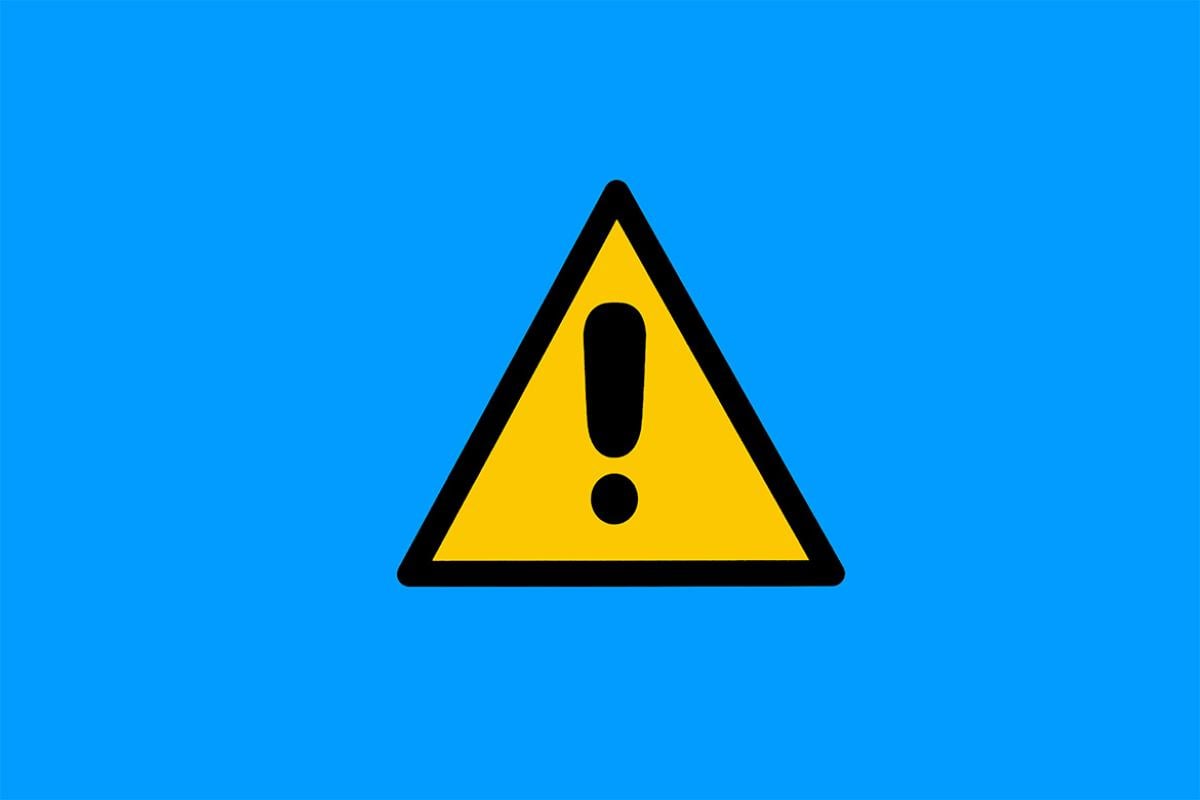If a colleague or loved one is struggling with physician burnout, how can you help? By opening your heart and reaching out. A new campaign from the Physicians Foundation aims to do just that—help doctors battling burnout and depression.
The Physician Foundation’s Vital Signs effort is designed to empower physicians, their colleagues and loved ones to check in on one another’s well-being. The campaign aims to destigmatize the act of seeking help. One way to do that is to begin a conversation with someone who might be exhibiting signs of burnout.
“The foundation felt that we could really make an impact by making physicians, their families and their colleagues more aware of the signs of trouble with well-being,” said AMA member Gary Price, MD, who is president of the Physicians Foundation. “One of the problems in dealing with burnout are the barriers to accessing care for it. This is one way of starting to chip away at that barrier.”
Here are five steps that can help doctors open their heart and begin a conversation to address physician burnout.
Prepare for the conversation
This begins with education.
“We encourage people to be aware of local sources and support groups that might offer a next step,” said Dr. Price, adding that “reading about and understanding [burnout] through programs like the Vital Signs campaign” can make a difference.
When a physician is educated about burnout, they can help to dispel any misunderstandings that can get in the way of providing support for their colleague who might be suffering.
Find the right time
“The first step in combating [burnout] is recognizing that a colleague is having issues,” said Dr. Price. “The most important part of the campaign is to make people aware of the signs of burnout in their colleagues.”
When this is acknowledged, you may not be able to speak with someone the moment you notice they might need support. Tough conversations require the right time and place. Think about a time that will not have interruptions, neither person is overly tired and other obligations do not pose as a distraction.
Choose the right language
It’s important to initiate conversations generally, not just when someone is burned out. And opening your heart to everyone, no matter what, is critical.
Then there is the matter of “taking it a step further to get them to talk with someone they trust about it and to seek a higher level of help,” said Dr. Price.
This means how you talk to your colleagues can make or break how they handle the conversation—so reinforce patience, understanding and hope. And be careful to not come across as critical or shaming.
Listen actively
Not only is it important to begin a conversation, but it is also vital that you listen well too. When listening to your colleague, acknowledge what they are saying and show them that you are listening to them.
You should also reiterate your support and willingness to help them. A couple of questions you can ask to focus the conversation on listening, instead of trying to fix the problems, are: “When did you begin feeling like this?” and “How can I best support you?”
Navigate resistance
Before initiating a conversation, plan for some level of resistance or denial. If this happens, always remain calm and patient. This can help you show your support is authentic. In the moment, you can say, “I can tell you’re not ready to talk about this right now, but know that I care about you and am here when you are ready.”
After the initial conversation, continue to follow up with the physician and be proactive—don’t wait for them to check in.
There's a whole spectrum of factors causing burnout, as well as a number of pressures limiting physicians' willingness to address it."
“There’s a whole spectrum of factors causing burnout, as well as a number of pressures limiting physicians’ willingness to address it,” said Dr. Price. “We’re hoping that the Vital Signs campaign will be a first step in opening up the discussion, not just for individual physicians, but for the whole health care system.”
The AMA recently launched a three-year Practice Transformation Initiative to address the large gap in research on actionable solutions to mitigate burnout. To kick off this initiative, the AMA is collaborating with the Physicians Foundation and interested state medical societies. The initiative has received foundational engagement from the Medical Society of New Jersey, North Carolina Medical Society and Washington State Medical Association.



